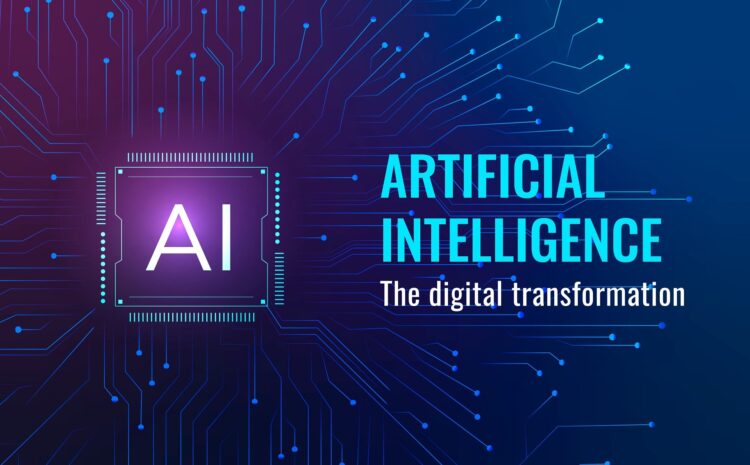Let’s Understand The World of Artificial Intelligence (AI)
Artificial Intelligence (AI) refers to the field of computer science that focuses on creating intelligent machines capable of performing tasks that typically require human intelligence. AI involves developing computer systems and algorithms that can mimic various cognitive abilities, such as problem-solving, learning, perception, reasoning, and decision-making.
AI can be classified into two broad categories: narrow AI and general AI. Narrow AI, also known as weak AI, is designed to perform specific tasks or solve specific problems. Examples of narrow AI include speech recognition systems, recommendation algorithms, and autonomous vehicles.
On the other hand, general AI, also known as strong AI or artificial general intelligence (AGI), aims to build machines that possess human-level intelligence and can understand, learn, and apply knowledge across different domains. While narrow AI is prevalent today, the development of true general AI remains an active area of research and is yet to be fully achieved.
AI systems are typically built using techniques such as machine learning, which involves training algorithms on large datasets to recognize patterns and make predictions or decisions. Deep learning, a subset of machine learning, utilizes neural networks with multiple layers to process complex information hierarchically.
AI finds applications in various fields, including healthcare, finance, transportation, robotics, natural language processing, computer vision, and more. It has the potential to enhance efficiency, automate repetitive tasks, provide personalized experiences, and contribute to scientific advancements. However, AI also raises ethical concerns and challenges, such as privacy, bias, job displacement, and accountability, which need to be addressed as the technology progresses.
Artificial Intelligence (AI) offers several advantages and disadvantages. Here are some of the key ones:
Advantages of AI:
- Automation and Efficiency: AI can automate repetitive and mundane tasks, leading to increased efficiency and productivity. It can handle large volumes of data, perform complex calculations, and make decisions quickly and accurately.
- Enhanced Decision-Making: AI systems can analyze vast amounts of data, identify patterns, and provide insights that can aid in decision-making. This can help businesses optimize processes, identify opportunities, and make data-driven decisions.
- Improved Accuracy: AI algorithms can perform tasks with a high degree of accuracy, reducing errors that may occur due to human limitations or fatigue. This is particularly beneficial in areas such as medical diagnosis, quality control, and risk assessment.
- Personalization and Customer Experience: AI enables personalized experiences by analyzing user data and preferences. This can enhance customer satisfaction, provide tailored recommendations, and improve user engagement.
- Innovation and Scientific Advancements: AI fosters innovation by enabling the development of new technologies, products, and services. It can accelerate scientific research, facilitate drug discovery, and contribute to advancements in various fields.
Disadvantages of AI:
- Job Displacement: As AI automates certain tasks, there is a concern that it may lead to job displacement and unemployment. Certain job roles may become obsolete or require significant reskilling to adapt to the changing work landscape.
- Ethical and Privacy Concerns: AI raises ethical considerations, such as privacy, security, and biases. AI systems rely on data, and if not properly managed, it can lead to privacy breaches or perpetuate biases present in the data used for training.
- Lack of Human Judgment and Creativity: AI systems operate based on algorithms and predefined rules. They may lack human judgment, intuition, and creativity, which are important in certain domains like art, literature, and strategic decision-making.
- Reliance on Data and Technical Infrastructure: AI algorithms require large amounts of quality data to train effectively. Limited availability of data or biased datasets can impact the performance and fairness of AI systems. Additionally, implementing AI may require substantial technical infrastructure and expertise.
- Potential for Malicious Use: Like any powerful technology, AI can be misused for malicious purposes, such as cyberattacks, misinformation campaigns, or surveillance. Ensuring proper governance and regulations are in place is essential to mitigate such risks.
It’s important to note that while AI offers numerous advantages, the disadvantages can be mitigated through responsible development, ethical considerations, and proactive measures to address the societal impacts.






Write a Comment